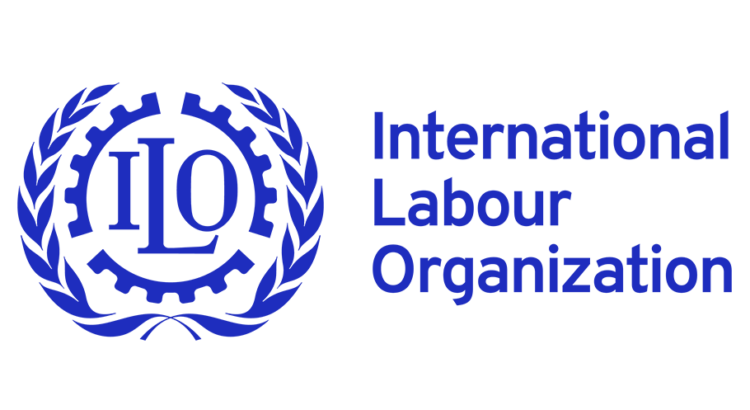The federal government, the International Labour Organisation (ILO) and the Economic Community of West African States (ECOWAS) have launched a regional social protection framework and operational plan designed to strengthen systems that safeguard the poor, displaced, and vulnerable across West Africa.
The framework, first endorsed by ECOWAS ministers in November 2023, will run until 2028 and is intended to guide member states in designing, implementing and monitoring inclusive social protection policies.
Speaking at the high-level advocacy and dissemination workshop in Abuja yesterday, minister of state for Humanitarian Affairs and Poverty Reduction Dr Yusuf Tanko Sununu described the framework as a landmark regional commitment that aligns with ECOWAS Vision 2050.
Represented by the ministry’s director of social development, Valentine Ezulu, he highlighted Nigeria’s ongoing efforts to strengthen its social protection systems, noting progress under the Renewed Hope Agenda of President Bola Tinubu.
He disclosed that over 5.5 million households are already benefiting from the digitised conditional cash transfer programme, with plans to expand coverage to an additional 600,000 households before the end of 2025.
He also pointed to initiatives such as the skill to wealth programme, aimed at equipping young Nigerians with industry-relevant skills in areas like renewable energy and agriculture.
The minister said, “The Nigerian government is committed to ensuring that no citizen is left behind,” stressing that reforms are underway to harmonise overlapping social protection initiatives across ministries for greater efficiency.
“More than 5.5 million households are currently benefiting with plans to reach an additional 600,000 households nationwide before the end of the year, these systems will ensure that no Nigerian is left behind even in the most difficult times,” he added.
The director of the International Labour Organisation (ILO) Office for Nigeria, Ghana, Liberia, Sierra Leone, and liaison office for ECOWAS, Dr Vanessa Phala, stressed that social protection is not only a human right but also an economic necessity.
She observed that while global coverage stands at 52 per cent, sub-Saharan Africa lags with only 15.4 per cent of the population accessing at least one form of benefit.
She urged governments in the region to scale up investment in social protection floors, ensure portability of entitlements for migrant workers, and engage more effectively with social partners to deliver change.
On the regional front, the ECOWAS commissioner for human development and social affairs, Prof Fatou Sow Sarr, and international partners welcomed the framework launch, describing it as a turning point for inclusive growth in West Africa.
The head of the ECOWAS social affairs division, Dr Alves D’Almade, also appreciated Nigeria for hosting the event and reaffirmed ECOWAS’ commitment to advancing the regional plan.











